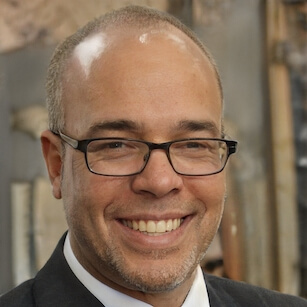1. Clear Communication: First, I make sure that all policies and procedures are documented in a centralized location that is easily accessible to all employees. This could be an intranet or a shared drive. I also ensure that any updates or changes to policies are communicated promptly and effectively to all relevant parties.
2. Training: Next, I work with managers and supervisors to provide training on policies and procedures to their teams. This can include in-person sessions, webinars, or e-learning modules. I've found that offering a variety of training formats helps to accommodate different learning styles and ensures that everyone has a solid understanding of the policies.
3. Monitoring: Finally, I regularly review compliance with policies and procedures through audits or spot-checks. This helps me identify any areas where additional training or clarification may be needed and allows me to address any potential issues before they become widespread problems.










